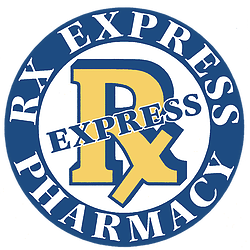Colorectal cancer is the third most common cancer worldwide, and early detection and screening are essential for improving outcomes and reducing mortality rates. Screening tests, such as colonoscopies and stool tests, can detect the cancer in its early stages, when it’s easier to treat and has a higher chance of being cured. Regular screening is especially important for those who have a family history of colorectal cancer or other risk factors, as they may be at higher risk for developing the disease.
Early detection and screening of colorectal cancer can also help prevent the disease from developing in the first place. By identifying and removing polyps, which are abnormal growths in the colon or rectum that can turn into cancer, screening can help reduce the risk of developing colorectal cancer by up to 90%. This makes regular screening an important part of maintaining overall colon health.
Lastly, screening can help reduce the financial and emotional burden of cancer treatment. Early detection and treatment are less expensive than advanced-stage cancer treatment and can lead to a higher quality of life for patients. By detecting the disease early, screening can help avoid the need for extensive surgery or chemotherapy, which can have significant physical and emotional effects on patients and their families. Overall, early detection and screening are essential for reducing the impact of colorectal cancer on individuals, families, and society as a whole.
-
American Cancer Society (https://www.cancer.org/cancer/colon-rectal-cancer.html): The American Cancer Society is a leading source of cancer information, and their website provides in-depth information on colorectal cancer, including risk factors, symptoms, diagnosis, and treatment options.
-
National Cancer Institute (https://www.cancer.gov/types/colorectal): The National Cancer Institute is a government agency that conducts research and provides information on all types of cancer. Their website offers comprehensive information on colorectal cancer, including clinical trials and resources for patients and caregivers.
-
Colon Cancer Coalition (https://coloncancercoalition.org/): The Colon Cancer Coalition is a nonprofit organization that raises awareness of colorectal cancer and supports patients and families affected by the disease. Their website offers information on screening, treatment options, and patient resources.
-
Fight Colorectal Cancer (https://fightcolorectalcancer.org/): Fight Colorectal Cancer is a nonprofit advocacy organization that works to raise awareness of the disease and improve patient outcomes. Their website provides information on prevention, screening, treatment, and advocacy efforts.
-
Colon Cancer Alliance (https://www.ccalliance.org/): The Colon Cancer Alliance is a nonprofit organization that provides support and resources for patients and families affected by colorectal cancer. Their website offers information on prevention, diagnosis, and treatment options, as well as patient and caregiver resources.
